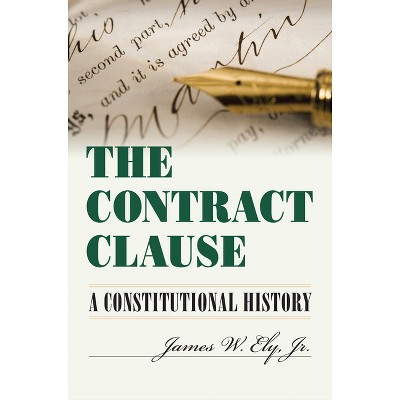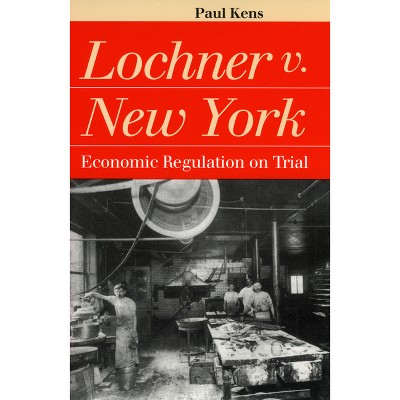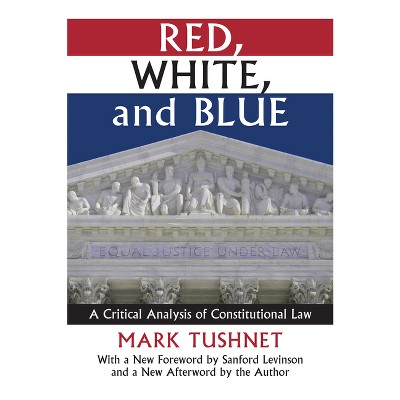Sponsored

Marque and Reprisal - by Kenneth B Moss (Hardcover)
In Stock
Sponsored
About this item
Highlights
- "Letters of marque" might suggest privateers of the Elizabethan era or the American Revolution.
- Author(s): Kenneth B Moss
- 464 Pages
- Freedom + Security / Law Enforcement, Constitutional
Description
About the Book
Marque and Reprisal is a history of private military instruments--mercenaries, privateers, and contractors--up to the present day.Book Synopsis
"Letters of marque" might suggest privateers of the Elizabethan era or the American Revolution. But such conventions are duly covered in the US Constitution, and the private military instruments they sanction are very much at work today in the form of mercenaries and military contractors. A history of such practices up to the present day, Marque and Reprisal by Kenneth B. Moss offers unique insight into the role of private actors in military conflicts and the reason they are increasingly deployed in our day. Along with an overview of mercenaries and privateers, Marque and Reprisal provides a comprehensive history of the "marque and reprisal" clause in the US Constitution, reminding us that it is not as arcane as it seems and arguing that it is not a license for all forms of undeclared war. Within this historical context Moss explains why governments and states have sought control over warfare and actors--and why private actors have reappeared in force in recent conflicts. He also looks ahead to the likelihood that cyberwar will become an important venue for "private warfare." Moss wonders if international law will be up to the challenges of private military actors in the digital realm. Is international law, in fact, equipped to meet the challenges increasingly presented in our day by such extramilitary activity? A government makes no more serious decision than whether to resort to military force and war; and when doing so, Moss suggests, it should ensure that such actions are accountable, not on the sly, and not decided in the marketplace. Marque and Reprisal should inform future deliberations and decisions on that count.Review Quotes
"An exceptionally researched work using excellent sources. It provides a valuable historical context of private actors used as instruments of warfare, the development of legal standing for these actors across the international system, and the distinctions between public and private war that we are revisiting today in the cyber age."--H-Net Reviews
"Moss goes beyond the realm of international relations to include insights from studies of international law, US constitutional scholarship, military and political history, and philosophy."--Michigan War Studies Review
"This thorough and thoughtful history focuses on the pivotal role of privateers in the struggles for control of the sea and the spread of European empires."--Foreign Affairs
"Superbly researched and well-written, this book is more than just a history of privateers and mercenaries and how they eventually came under state control. It examines all aspects of private actors in war, their place in American history, and the reasons for their continual use. Essential."--Choice
"Marque and Reprisal is a work of first-rate scholarship and a very important addition to the study of war and national security programs as well as the effect of new wars on international humanitarian law and international human rights law. Moss gives the reader a firm grasp of the impact twenty-first-century privatization of war and the use of cyber weapons and other high-tech arms will have on fragile democracies."--Howard Ball, author of Prosecuting War Crimes and Genocide: The Twentieth-Century Experience
"Should the United States exercise control over war, or outsource that role to the private sector? Ken Moss, a preeminent national security expert, will inform and disturb you with this important and groundbreaking book."--Lee H. Hamilton, distinguished scholar in the School of Global and International Studies and professor of practice in the School of Public and Environmental Affairs at Indiana University.
"American wars depend not only on US soldiers but also on large numbers of private contractors. This important study by Kenneth Moss explains that while many contractors are involved in noncombat roles (such as taking care of maintenance, preparing food, and operating technology systems), other contractors carry weapons and become engaged in military conflict, raising central questions of accountability and law."--Louis Fisher, author of Supreme Court Expansion of Presidential Power: Unconstitutional Leanings






